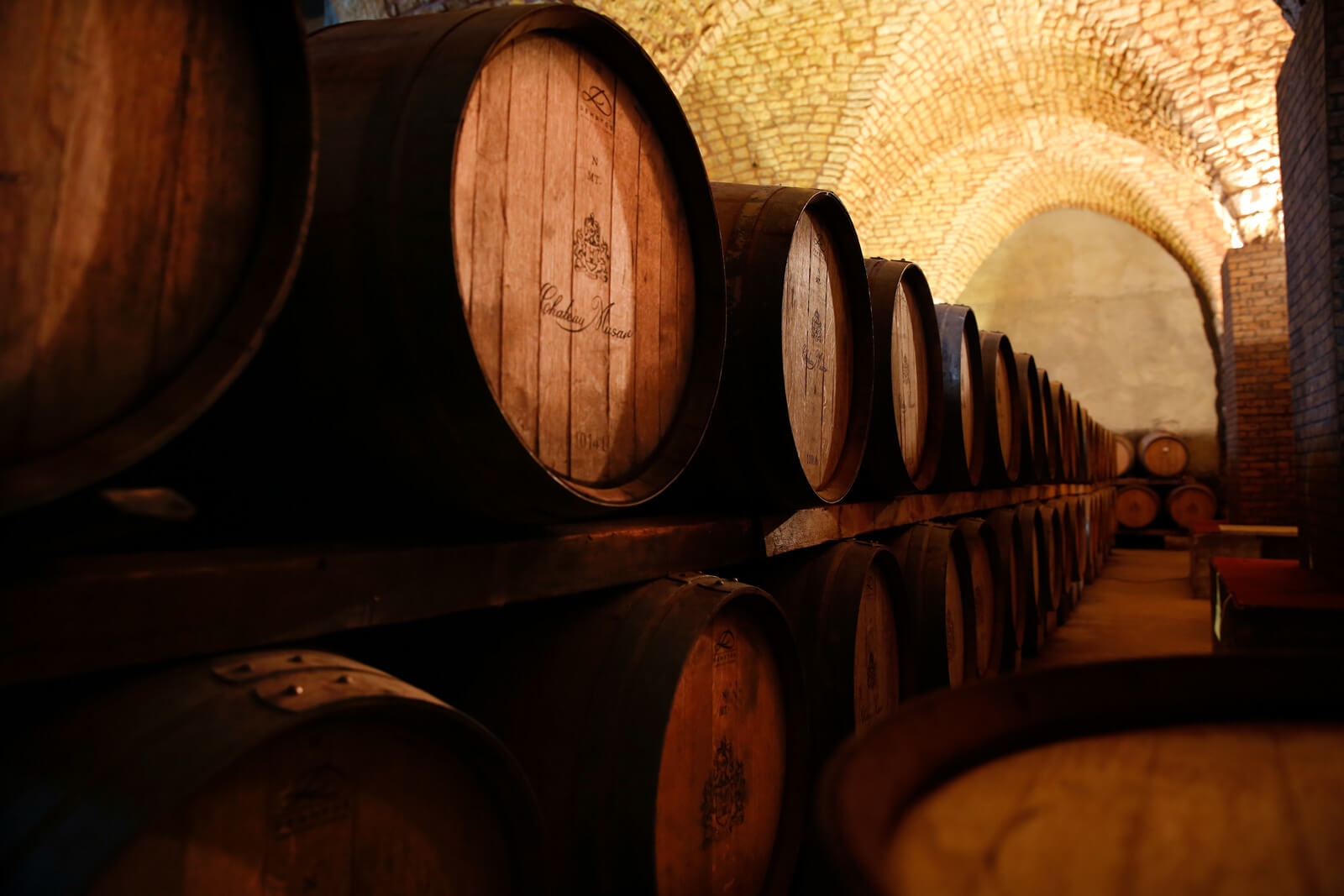
Chateau Musar
by Dan Reinisch
·
It's impossible to talk about the story of contemporary Lebanese wine without mentioning Chateau Musar. This iconic producer has been making wines since Gaston Hochar returned from an inspired trip to Bordeaux in 1920. But it wasn't until Gaston's son, Serge, went to study Oenology at the University of Bordeaux in the late 1950s, where he learned to make classic, polished, sound wines. As Serge returned home and he got to know his family's vines, he slowly began to strip away much of that refinement, allowing the grapes to tell their own story.
By the mid-1980s, despite Lebanon's Civil War, he had evolved the house style to one focused on purity and traditional winemaking values. The wines are never fined, nor filtered. The vineyards have been operating completely organically since the 1960s. And today their vines continue to thrive in the eastern mountains of Lebanon where cold winters and hot summers grace them with long growing seasons.
In the Fall of 2024 we were fortunate enough to have a formal tasting with Marc Hochar of Chateau Musar, the latest generation to run this storied estate. Current vintages of his family’s incredible wines were open in addition to a few cellared treasures. The wines showed incredibly well, regardless of where they were in their development. Fruit, earth, florals, spices, minerals all commingled - ebbing and flowing in prominence through the years. One line of thought, in particular, really stopped us in our tracks as Marc was recalling a trip to the Western US:
Obviously this is more anecdotal than scientific. Regardless of what you think, wine is alive. Without life, it wouldn’t continue to change and evolve over time, bottles would never be faulty, they wouldn’t show us flavors that drive one to meditative silence - focusing only on what’s in your glass.
All that to say, we love this romance, this line of thought, surrounding wine. It makes us want to stuff cases of Musar into our cellars, so that on sunny days we can open a bottle and think of the place, the people, the year that made those bottles what they are.
We encourage you to keep reading about this incredible estate. We love their values page, in particular.
